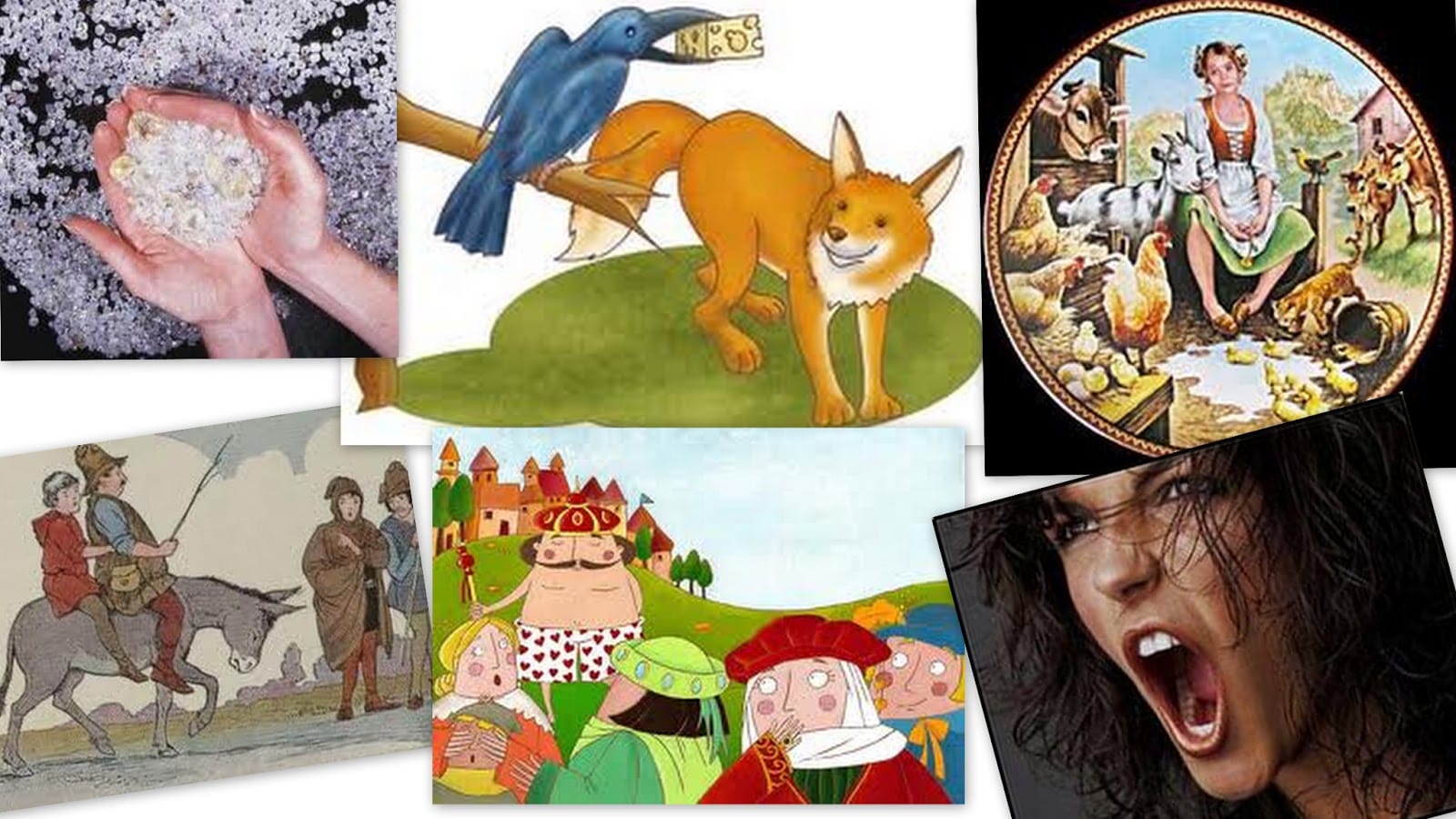El Conde Lucanor, a collection of 51 interconnected stories from 14th-century Spain, offers a captivating journey through medieval wisdom and morality. More than just entertaining narratives, these tales serve as a guidebook for navigating life’s complexities, offering timeless lessons that resonate even today.
Decoding the Wisdom: An Overview of El Conde Lucanor
Imagine a nobleman grappling with a difficult decision, seeking guidance from a trusted advisor. This is the premise of El Conde Lucanor, where Count Lucanor routinely consults his wise counselor, Patronio, for advice. Patronio, in turn, responds with an illustrative tale, or exemplum, offering a solution disguised as a simple narrative. This dynamic forms the heart of each story.
If you are looking for a fantastic Comanche western, look no further than Comancheria!
How the Stories Unfold
Each exemplum follows a distinct pattern:
- The Dilemma: Count Lucanor presents his problem to Patronio.
- The Tale: Patronio responds with a seemingly unrelated story, often featuring animals or characters from folklore.
- The Lesson: Patronio connects the tale back to Lucanor’s dilemma, extracting a moral or practical lesson.
- The Verse: Don Juan Manuel, the author, summarizes the moral in a short, memorable verse.
Timeless Themes and Enduring Legacy
While the setting may be medieval Spain, the themes explored in El Conde Lucanor are remarkably timeless. The stories delve into the complexities of human relationships, the importance of careful planning, the dangers of greed, and the value of true friendship. They offer guidance on navigating social situations, making sound judgments, and living a virtuous life.
El Conde Lucanor has had a lasting impact on Spanish literature and culture. It’s considered a foundational work, influencing countless writers and thinkers over the centuries. There’s ongoing research into its historical context and literary significance, with scholars continuing to uncover new layers of meaning within its pages.
Unlocking the Purpose: Why El Conde Lucanor Matters
El Conde Lucanor is more than just a collection of stories; it’s a multi-faceted work with several likely purposes:
A Guide for Noble Conduct
Written during a time when nobles held significant power, El Conde Lucanor probably served as a training manual for them, offering advice on navigating the complex social and political landscape of the time. It likely provided insights into everything from managing a household to dealing with rivals, all wrapped in engaging parables. This suggests the book aimed to cultivate wise and effective leadership.
A Treatise on Morality and Ethics
At its core, El Conde Lucanor is about morals and ethics. Don Juan Manuel uses engaging narratives to illustrate the consequences of choices, encouraging readers to reflect on their own actions. The stories promote virtues like prudence, justice, and honesty, while cautioning against vices like greed, deception, and hasty decisions.
A Window into the Medieval Mind
El Conde Lucanor also offers a fascinating glimpse into the medieval world, providing insights into the values, beliefs, and challenges of 14th-century Spain. This historical context adds another layer of richness to the stories, allowing modern readers to connect with the past and understand the social and political dynamics of the era.
Deciphering the Morals: Key Lessons from the Tales
While each story in El Conde Lucanor offers a unique moral lesson, some overarching themes emerge:
Prudence and Wise Counsel
Count Lucanor’s consistent reliance on Patronio highlights the importance of seeking guidance from experienced and knowledgeable advisors. The stories emphasize the value of careful consideration and foresight in decision-making, suggesting that hasty actions can lead to unfavorable outcomes.
Justice and Ethical Conduct
Across the various tales, Patronio consistently emphasizes fairness and ethical conduct, suggesting that these values were highly regarded in medieval Spanish society. The stories often explore situations where characters face moral dilemmas, highlighting the importance of choosing the just path, even when it’s difficult.
The Complexity of Human Nature
While intended to instruct, El Conde Lucanor also delves into the complexities of human nature. The stories explore timeless themes like ambition, loyalty, betrayal, love, and loss, making them relatable across centuries. This exploration of human psychology adds depth to the work, reminding us that people have always grappled with similar dilemmas.
Unraveling the Plot: The Structure of El Conde Lucanor
El Conde Lucanor is structured as a frame narrative, with each chapter following a similar pattern:
- Count Lucanor’s Dilemma: He presents a problem or decision he’s facing to Patronio.
- Patronio’s Tale: He responds with a story that mirrors the Count’s situation.
- The Moral of the Story: Patronio explains how the story relates to the Count’s problem and offers advice.
- The Count’s Reaction: He thanks Patronio and acknowledges the wisdom of the tale.
- Verse (Sometimes): A short poem summarizing the key lesson.
Diversity of Tales
While the framework remains consistent, the content of the tales is incredibly diverse. They draw from various sources, including folklore, fables, and even ancient Greek and Roman stories. This variety keeps the work engaging and ensures there’s a lesson for almost every situation.
A Glimpse into Medieval Society
El Conde Lucanor offers valuable insights into the social and political landscape of 14th-century Spain. The stories reflect the concerns and values of the nobility at that time, offering glimpses into their world and how they viewed power, morality, and social relations. Some scholars suggest that Don Juan Manuel may have even been commenting on contemporary social issues through these veiled narratives.
Key Exemplos and Their Significance
- Doña Truhana: This tale warns against the dangers of wishful thinking and greed, emphasizing the importance of staying grounded and not counting your chickens before they hatch.
- The Moor and the Christian: This story highlights the importance of careful judgment and understanding different perspectives, promoting the need for empathy and critical thinking in a diverse world.
- The Lion and the Mouse: This exemplum illustrates the power of kindness and unexpected reciprocity, emphasizing the value of helping others, even those who seem less powerful.
Continuing Scholarship and Interpretation
Ongoing research continues to shed new light on the cultural and historical context of these tales. While some interpretations may differ, there is a general consensus that El Conde Lucanor continues to hold valuable lessons for us, reminding us that human nature, with its flaws and virtues, remains remarkably consistent across the ages.
- Georgia Platform: A Southern Strategy, 1850s - March 31, 2025
- How many weeks is 40 days: Quick Conversion Guide for Accurate Results - March 31, 2025
- How many feet is 300 meters? 984 Feet: Understand Length Conversions Easily - March 31, 2025

















1 thought on “El Conde Lucanor: A Journey Through Medieval Spanish Wisdom and Morality”
Comments are closed.